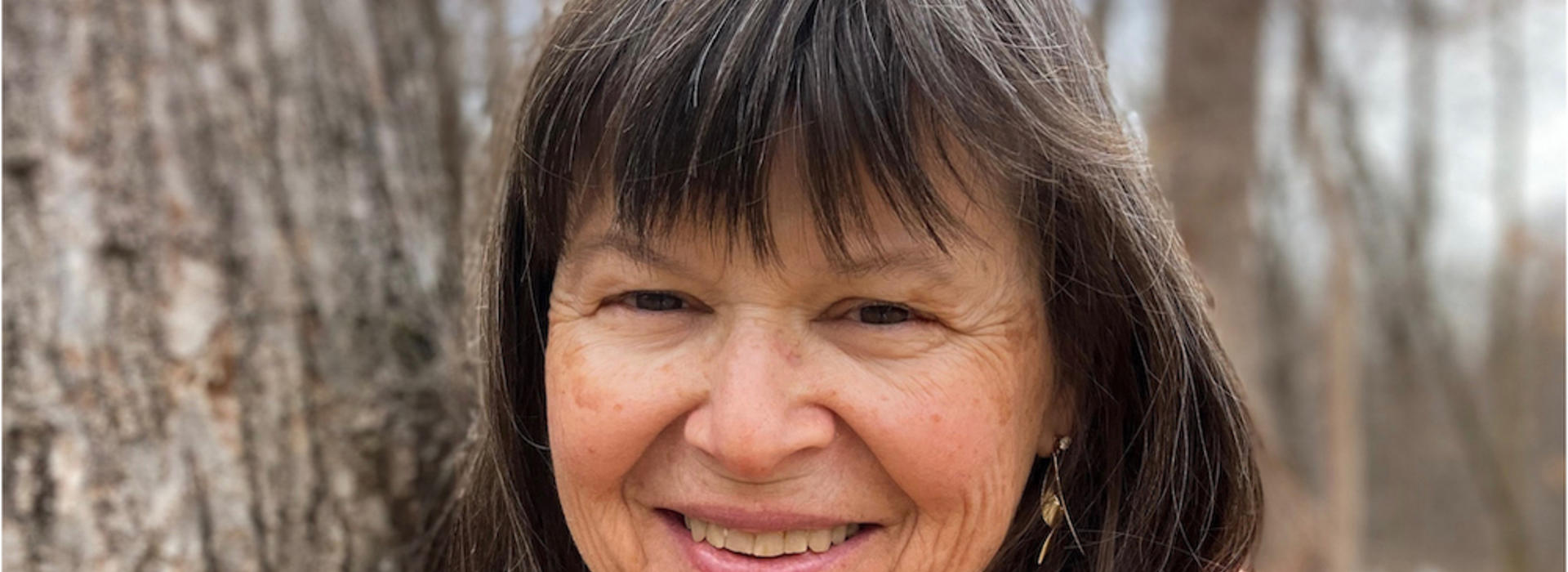
Dr. Sheila Specker ’83 Couples Community and Education for Holistic Addiction Approach
Stress and uncertainty during the COVID-19 pandemic has touched everyone but poses unique challenges for people with addictive disorders. More than ever, there’s a need for compassionate, competent addiction medicine physicians and psychiatrists who are well-positioned to support people experiencing addiction.
Sheila Specker, MD, associate professor in the Department of Psychiatry and Behavioral Sciences and a 1983 graduate from the University of Minnesota Medical School, has dedicated her career to supporting individuals with addictive disorders and educating the next generation of addiction medicine physicians and psychiatrists as director of the Addiction Medicine Fellowship. Dr. Specker’s interest in addiction medicine started at the Medical School during an inpatient addiction rotation.
“I was drawn by the power addiction held over individuals and how it affects families, but also by the treatment of the whole person,” Dr. Specker said. “It’s a disease — in a context of psychosocial, family, mental and physical health — so I consider the treatment holistic by looking at all aspects of the person and not solely medication.”
Fostering Positive Change
After medical school, Dr. Specker completed a family medicine residency at the University of Wisconsin - Eau Claire, where her cohort of patients reflected her skills and interests in addiction medicine. Since family medicine is such a broad specialty, she decided to pursue the Addiction Medicine Fellowship at the Medical School after graduation.
“Seeing the positive changes individuals made as they went through the 28-day program and the huge changes that people could make in their lives is what initially drew me into the field,” Dr. Specker said.
During the first six months of the fellowship, Dr. Specker worked on a pharmacotherapy trial in eating disorders, inspiring her to combine research, education and clinical work. This was followed by 12 months of clinical addiction fellowship.
“I had an absolutely wonderful mentor, Dr. Joseph Westermeyer, which I think is so important for learners in any specialty,” Dr. Specker said. “That really inspired my continued interest in addiction.”
Dr. Westermeyer had established a novel inpatient addiction consultation service, which fit well with Dr. Specker’s background in family medicine.
“I was exposed to this interdisciplinary team concept, which is a core part of addiction treatment, as well as an innovative program for individuals with combined mental health and substance use problems,” Dr. Specker said. “I realized just how huge co-occurring psychiatric disorders were and how they impacted addiction treatment.”
This realization spurred Dr. Specker to complete the Medical School’s psychiatry residency program and join the faculty, where she has been ever since.
Coupling Community and Education
Dr. Specker has led the Addiction Medicine Fellowship, which trains psychiatrists and providers from any specialty in addiction medicine, for over 25 years.
“I’ve always been a really strong advocate for training,” Dr. Specker said. “Through the fellowship, we’ve expanded the reach of addiction care not only in our community, but communities across Minnesota and Wisconsin.”
Most of the fellowship’s addiction medicine graduates come from a primary care background and develop clinical interests, expertise and passion to serve the community. Former fellows have joined the faculty at the VA, which has its own system of outreach to veterans impacted by addiction, where they work with pain, opioids and primary care. Graduates are also faculty at Hennepin Healthcare and the University serving medically ill patients. Others have started programs serving Native American communities on a Wisconsin reservation. The expansion of telehealth during the pandemic has also helped the program better serve Native populations in northern Minnesota.
“Telehealth has allowed us to reach out into communities that are so underserved,” Dr. Specker said.
As part of her philosophy of dividing time equally between education, research and clinical care, Dr. Specker is medical director of a residential treatment center in Owatonna, where she brings fellows weekly.
“Being in a rural community, substance use, especially opioids and methamphetamine, is so common,” Dr. Specker said. “About 80% of people who have used opioids have overdosed, and probably half know someone who has died from an overdose. The impact on the community is so high.”
One of Dr. Specker’s priorities is getting people the help they need faster. At the University, a recovery clinic is among the innovations working toward that goal. The recovery clinic is a low-threshold, rapid access clinic where patients who experience an overdose can get help after leaving the emergency room.
“It’s a brand new program ripe with research and learning,” she said.
Dr. Specker is also involved in the Twin Cities Recovery Project in collaboration with the Minneapolis Fire Department, which is another low-threshold program aimed at getting people into help immediately.
“The fire departments see a lot of people from off the street with addiction problems because they don’t want to go to the emergency room if they don’t have to,” Dr. Specker said. “This research project connects people with a recovery specialist who can help get them access to a recovery program, medication, housing, employment and all the things that we know impact social determinants of health.”
The program is designed to learn about and overcome the barriers and roadblocks to connecting patients with help — something Dr. Specker has advocated throughout her career as a healer and educator.
“Part of our mission is being part of the community and being involved in projects to improve the health and wellbeing of individuals with addiction,” Dr. Specker said. “In addiction medicine, it’s so important to have community collaborators and peer specialists, because it’s really a partnership.”